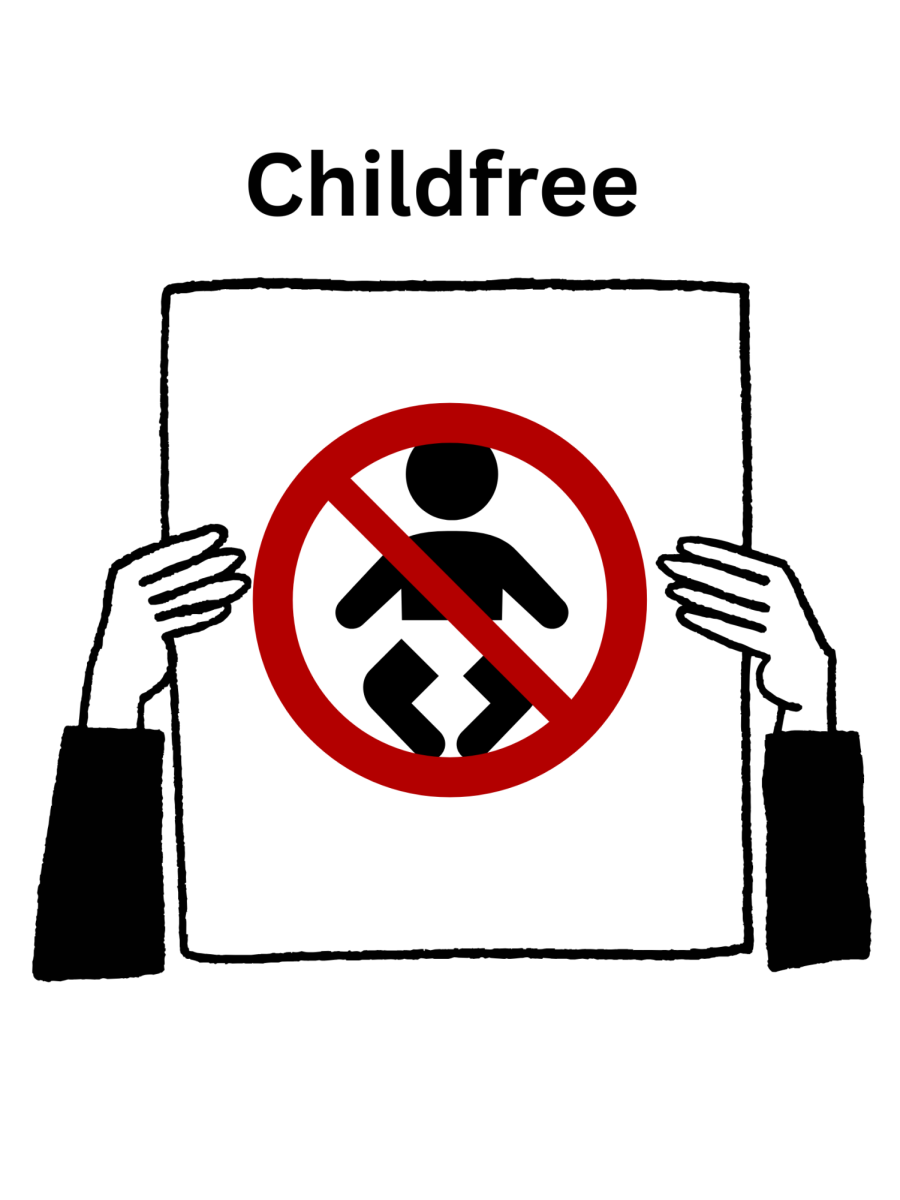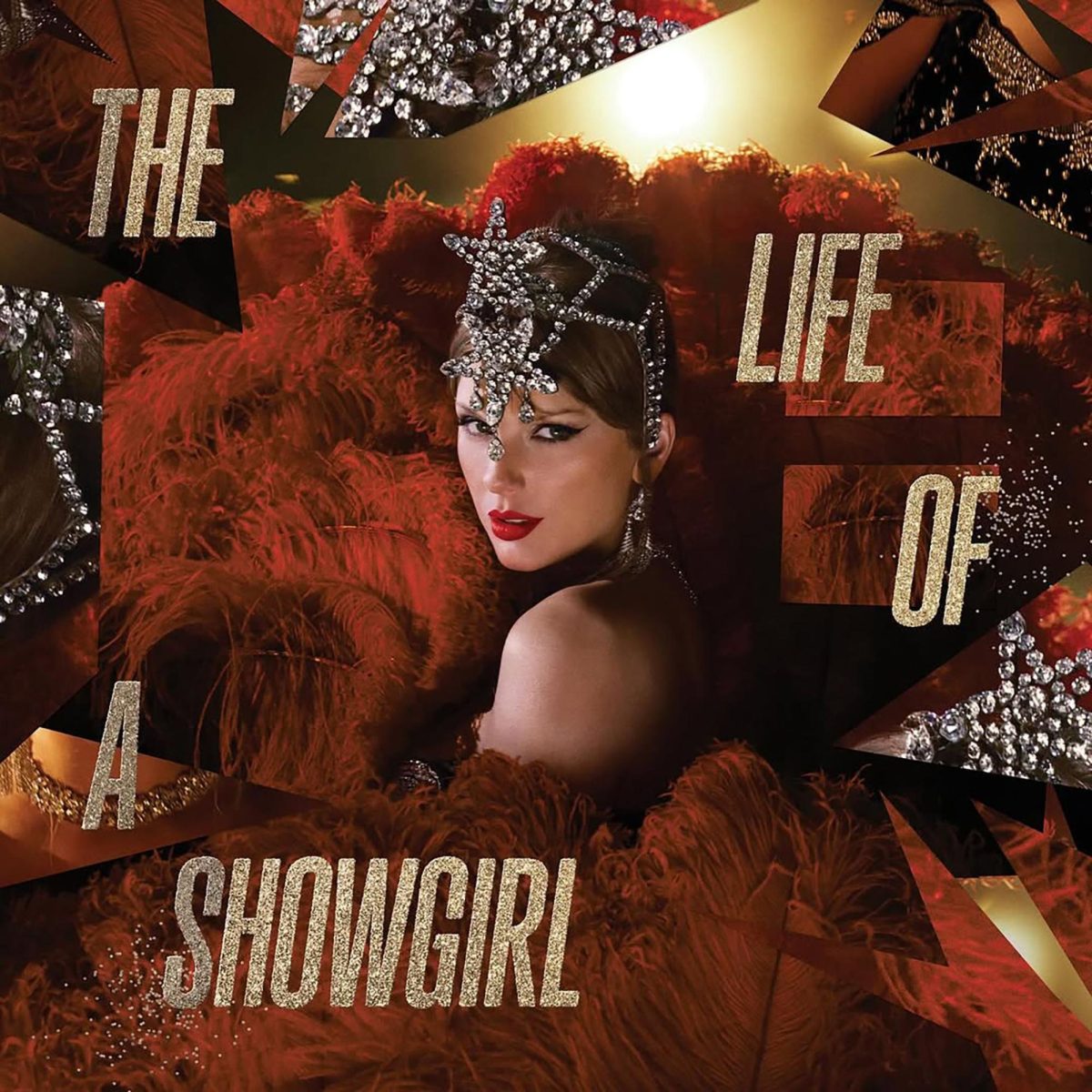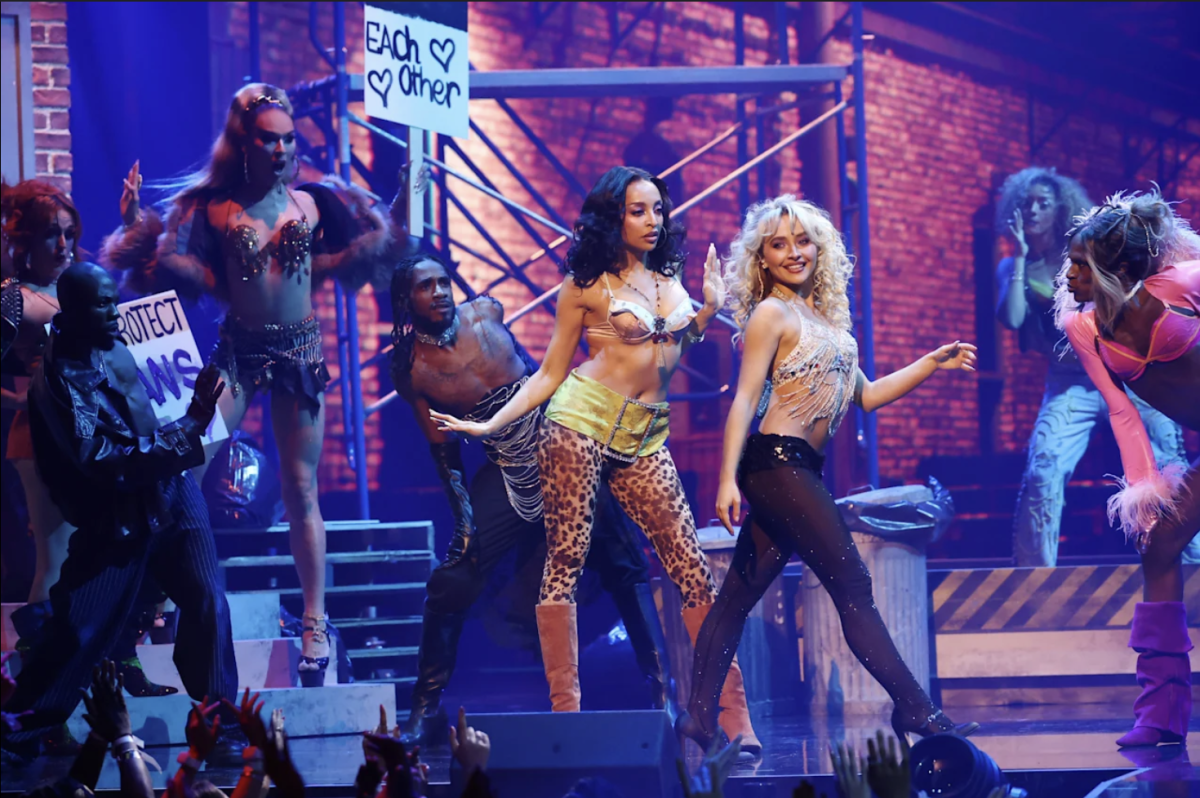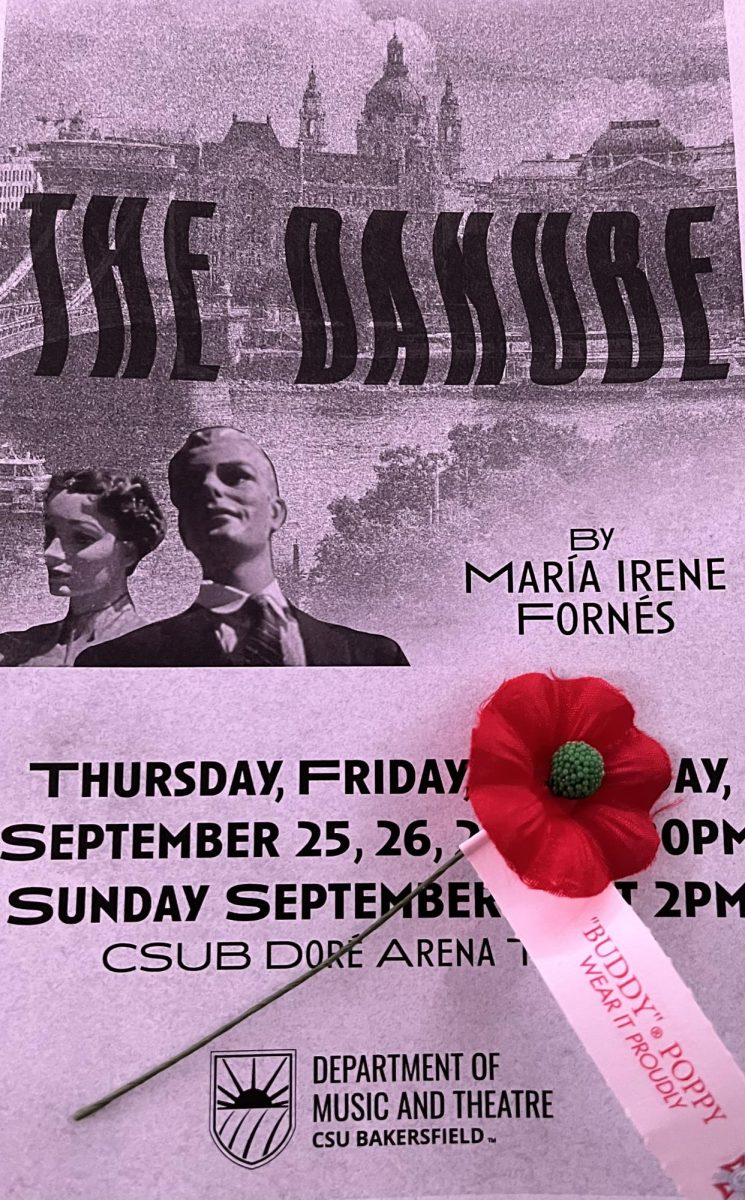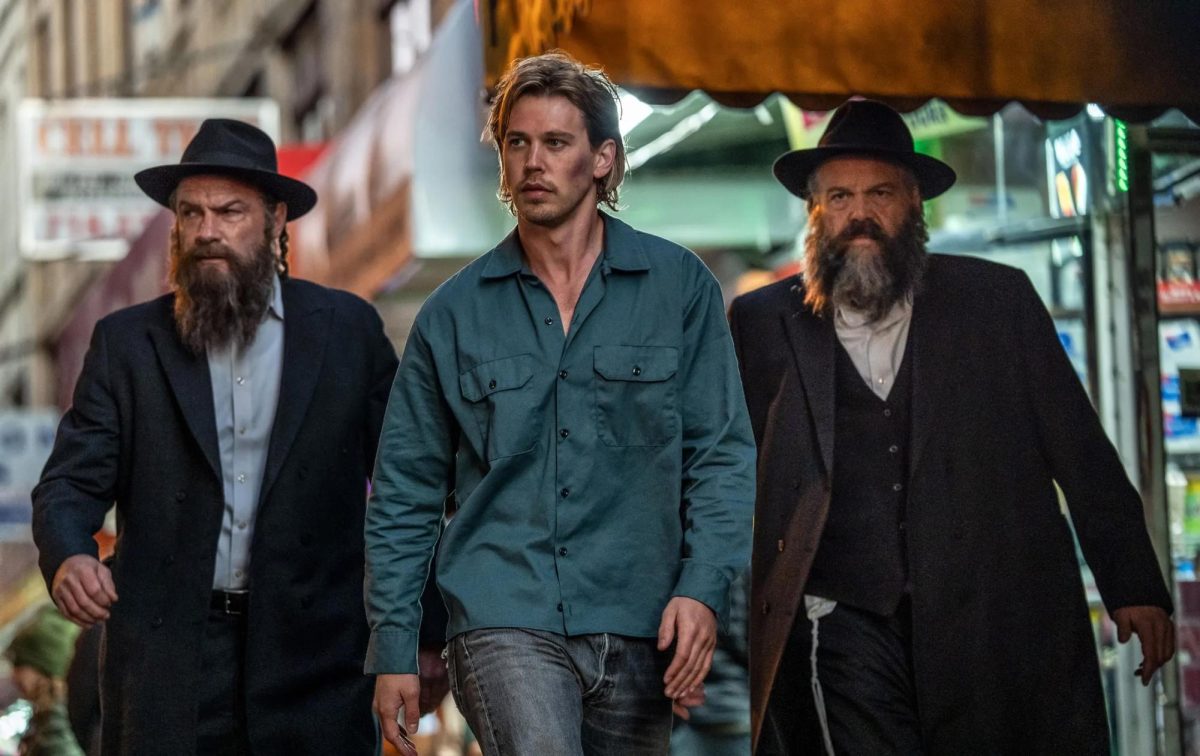By Riley Heffernan
Reporter
49ers quarterback Colin Kaepernick sparked a national controversy that has only escalated since his refusal to stand during the pre-game national anthem on Aug. 26.
In a statement released to NFL Media regarding his decision, Kaepernick said: “I am not going to stand up to show pride in a flag for a country that oppresses black people and people of color.” Though not officially aligned with nor endorsed by the Black Lives Matter movement, his continued protests have brought Black Lives Matter back to the forefront of the American consciousness.
His protests even prompted President Barack Obama to issue a statement supporting Kaepernick’s right to free expression, saying “he’s generated more conversation around some topics that need to be talked about.” As week 2 of the regular NFL season wraps up, Kaepernick shows no sign of stopping.
And why should he? Kaepernick’s actions have divided his fans, NFL fans, the media and the American public, forcing a national conversation about race and tolerance while also topping the charts in jersey sales, selling more in the first week after his protest began than he had in the previous eight months combined. Kaepernick pledged to donate the profits from his jersey sales- over 1 million- back to the community.
Former 49ers quarterback Trent Dilfer said “this is a backup quarterback whose job is to be quiet and sit in the shadows and get the starter ready to play Week 1. Yet, he chose a time when he became the center of attention.”
There is a subtle symbolism in a white man telling a black man to “be quiet” and “sit in the shadows. ”As Kaepernick pointed out in response, “the fact that you say ‘you’re a backup quarterback, stay in your place’… that’s an issue.”
Seattle Seahawks quarterback Russell Wilson raised concerns that Kaepernick’s protests were disrespectful to the U.S. Armed Forces, saying in an interview with Hip-Hop-Wired.com, “every time I get to put a hand on my heart it’s truly an honor to the military for me.”
Former NBA star Shaquille O’Neal questioned Kaepernick’s methods on FOX Sports, saying “I would never do that; my father was a military man. […] Why now? Why not last year?” referring to the fact that the system of injustices that Kaepernick is protesting has existed for a long time.
Athletes protesting during sporting events is nothing new. As far back as 2012 following the shooting of Trayvon Martin, the NBA’s Miami Heat posted pictures of the team wearing jackets with their hoods up and the hashtags #WeAreTrayvonMartin and #WeWantJustice.
In 2014, the St. Louis Rams of the NFL entered the stadium with their hands raised following the shooting of unarmed teenager Mike Brown, and later that year The NBA’s L.A. Lakers wore black warm-up jerseys with the text “I Can’t Breathe” in the wake of Eric Garner’s death.
Though the most notable protests came from the WNBA beginning in July 2016, when the New York Liberty, the Indiana Fever and the Phoenix Mercury wore black shirts instead of their normal warm-up attire. The league decided to fine each player $500, and each team an additional $5,000. The usual fine for dress code violations is $200.
The NY Liberty’s Tina Charles posted the following statement to Instagram in response: “my teammates and I will continue to use our platform & raise awareness for the #BlackLivesMatter movement until the @wnba gives its support, as it does for Breast Cancer Awareness, Pride, and other subject matters.”
It’s important to keep in mind that #BlackLivesMatter doesn’t imply that other lives don’t matter. It’s meant to call attention to the existing pattern of white privilege that has prevailed in this country, giving way to radically disproportionate rates of violence, incarceration, and ultimately cultural repression against Black people.
We should also remember that there are black people who serve in the armed forces that some believe Kaepernick to be disrespecting, who fight for liberty and freedom in the U.S. and come home to a country that enables the extrajudicial killings of minority races. Moreover, we should also remember that the most harmful thing we can do for the fight for justice in this country is silence.
Kaepernick’s protests have consistently been the most effective and peaceful recourse for raising Black Lives Matter awareness.
If we don’t keep periodically thrusting the matter back into public focus, we run the risk of contributing to a system of injustice and hypocrisy.



